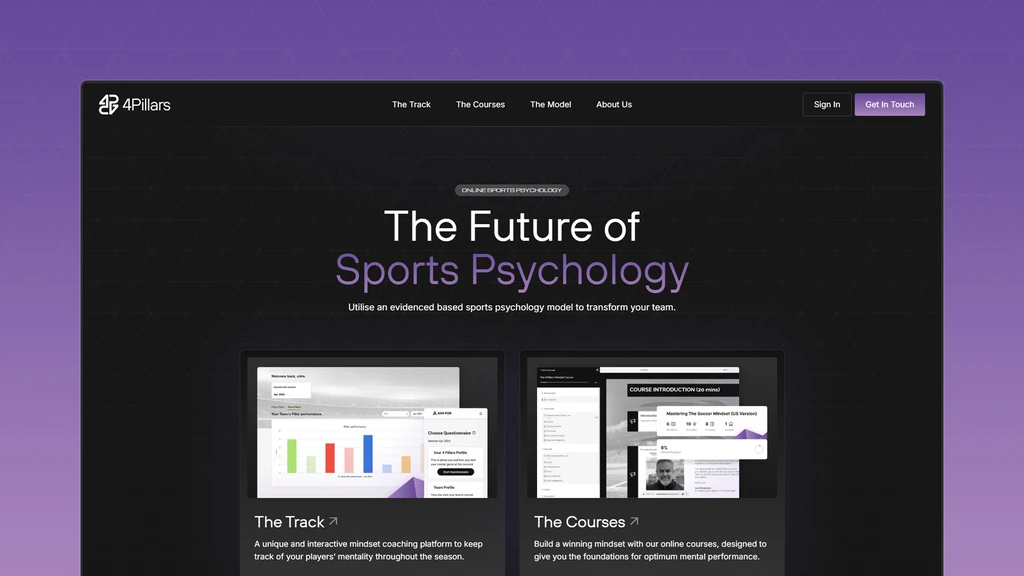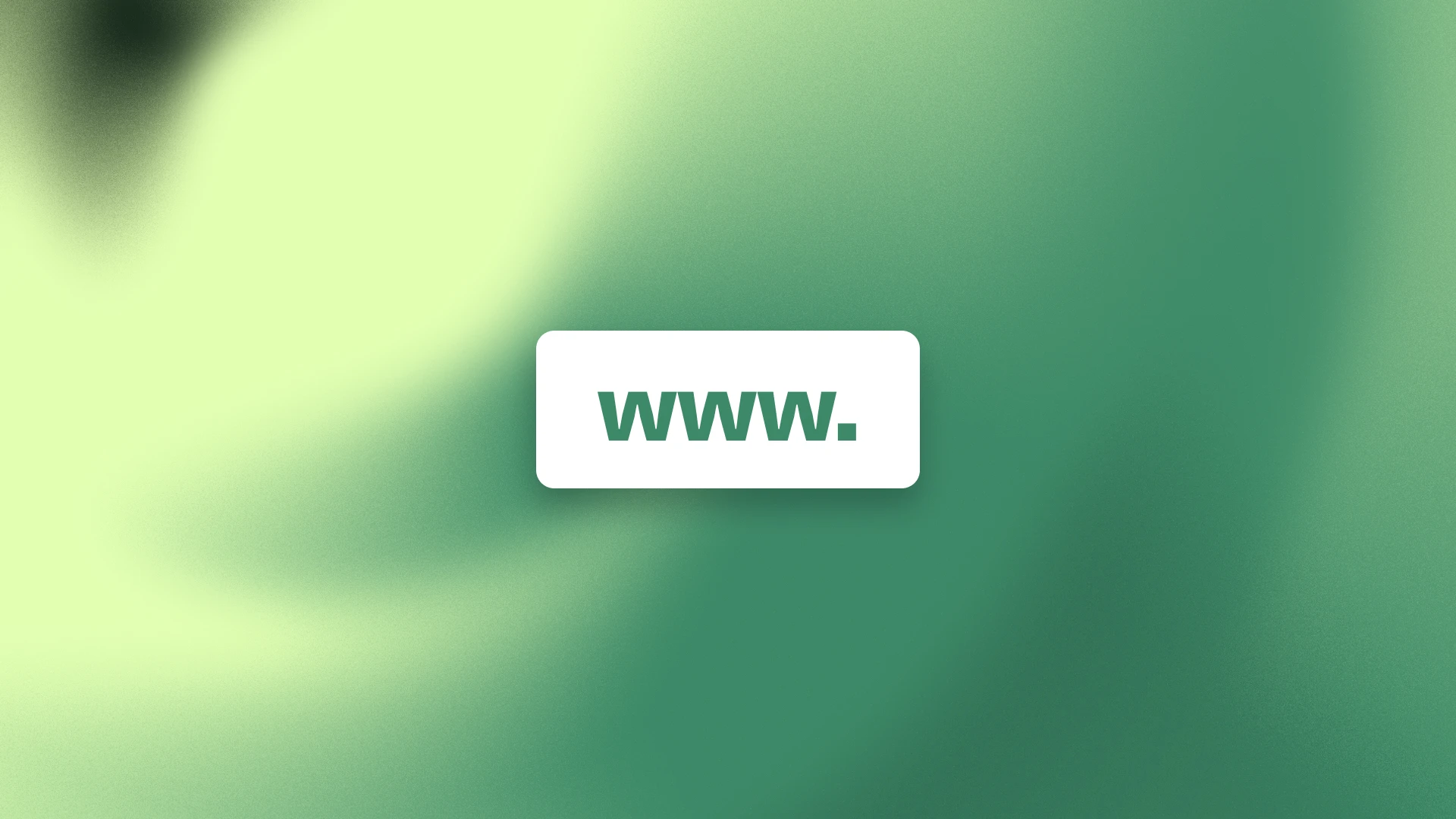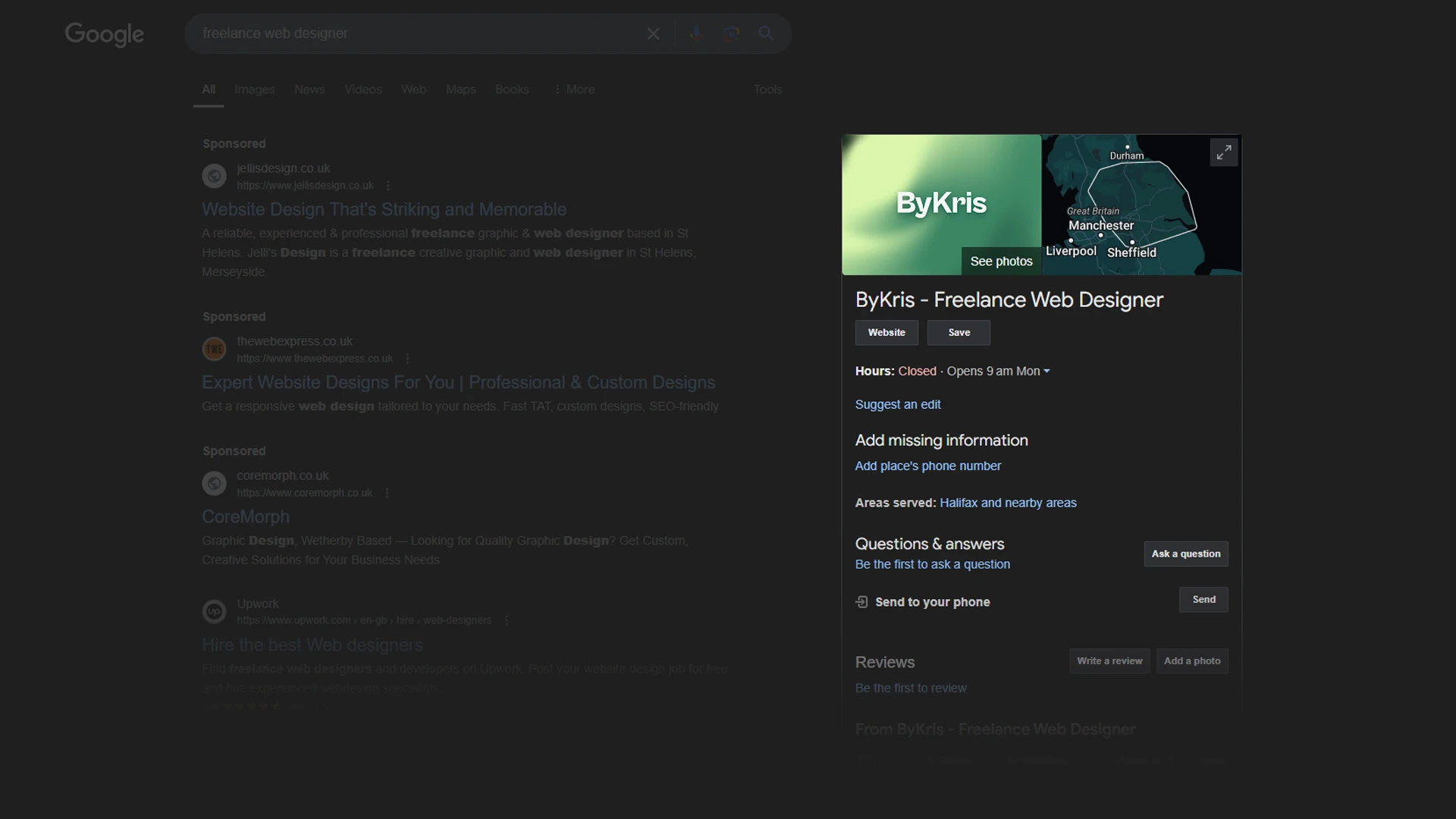17th November, 2024
Can I Start My Business Without a Website? (2024 Guide)

In 2024, business is more competitive than ever, especially online. A professional website can make a big difference, but if you’re just starting out, do you really need one right away? Or can you make things work without it, at least for now?
Let’s explore the pros and cons of skipping a website, alternatives you can try, and how to plan for one when the time is right.

Why Do Businesses Have Websites Anyway?
It’s no secret, most businesses have a website. But why? Here are a few reasons websites are such a big deal when it comes to business:
- They Build Trust: A website instantly makes your business look legit. Without one, people might question if you’re for real. Even something as simple as a basic landing page could add that extra layer of credibility and convert more would be customers.
- They’re Your Space: Unlike social media or other platforms, you have full control over your website’s design, messaging, and functionality. Engaging with your customers solely on other platforms means you need to stick to their rules, but a website is yours to design and control.
- 24/7 Availability A website is available 24/7, they share info, answer questions, and even make sales while you’re off the clock.
- SEO Brings Customers to You: With a website, you can rank on Google and show up for searches related to your services, reaching customers actively searching for your services.
- Room to Grow: Websites can grow with your business, offering the ability to add on features like online bookings, e-commerce, or membership areas as your business evolves.

So, Can You Start a Business Without a Website?
The short answer is yes, but it can come with some potential downsides. Plenty of businesses start without one. But it depends on the type of business and your goals. Let’s break it down.
When Skipping a Website Makes Sense
- Local Service Businesses: If you operate a local service based business like plumbing, tutoring, or pet sitting, referrals and word of mouth may be enough to sustain your business, at least initally.
- Restaurants and Fast Food: If you run a local restaurant or street food style spot, word of mouth and a solid reputation can go a long way. Plenty of places thrive just by serving great food and creating a good vibe that keeps people talking. Platforms like Google My Business or TripAdvisor can help you get found, share your location, and make it easy for customers to reach you—no full website needed (at least not right away).
- Social Media-Centered Brands: If your audience spends most of their time on platforms like Instagram, TikTok, or Facebook, you can focus on building your presence there first, and then build a website once there's demand for it.
- Testing an Idea: If you’re testing a new product or service and are unsure about the business taking off, it may be smarter to validate your idea first before spending money on a website.
- Freelancers: Creatives like photographers, graphic designers, painters, or even personal trainers often start by showcasing their work on social media first.
When You Should Probably Consider a Website
- E-commerce Businesses: If you’re selling products, you’ll likely need an online store to maximise reach and streamline the sales process, sites like Shopify and plugins like WooCommerce are the usual go tos.
- Competitive Niches: In industries where the majority of your competitors have websites, not having one could make your business seem less credible.
- Scaling Quickly: Planning to scale quickly? A website will likely be essential for scalability, brand perception, online marketing, customer management, and automation.
Enjoying this article? 💌
If you're finding this post insightful, why not get more like it delivered straight to your inbox? It’s free, and I promise, no spam ever!

What Can You Do Instead of Building a Website?
Not ready for a website yet? No worries. Here are a few alternatives to keep things rolling:
1. Social Media is Your Friend
Platforms like Instagram, Facebook, LinkedIn, and TikTok are powerful tools for engaging with potential customers and showcasing your products or services. Focus on the platforms your target audience uses most, be consistent with your posting schedule, and make it easy for people to contact you.
| Platform | Best For | Pros | Cons |
|---|---|---|---|
| Visual brands, creatives | Visual appeal, high engagement | Algorithm changes affect reach | |
| Local services, older audiences | Easy messaging, local advertising | Declining engagement | |
| TikTok | Younger audiences, quick content | Viral potential, trend-focused | Requires frequent content updates |
| B2B, professionals | Networking, credibility for services | Less casual tone |
Usually businesses would do this in tandem with a website, but it's possible that you could run your business entirely through social media.
2. Use Google My Business
A Google My Business profile ensures your business appears in local search results and Google Maps. For local businesses, this is a must. It’s free and relatively easy to set up, providing essential details like contact info, opening hours, and customer reviews.
As mentioned earlier, one of the biggest advantages of having a website is showing up in search engine results. A Google My Business profile can help you achieve similar visibility, though you’ll have less control over which keywords you appear for.
3. Sell on Marketplaces
Platforms like Etsy or eBay are great for product-based businesses. They’ve got built-in audiences, but they do take a cut of your sales. Plus, branding is limited, you are usually limited to a profile picture and store banner.
4. Set Up a Simple Landing Page
Using tools like Carrd or Linktree , you can create a one-page site with your key info. Think of it as an online business card. Much like the marketplace option mentioned above, these too limit your ability to truly customise their platforms to your needs, and brand.
The Downsides of Not Having a Website
Skipping a website might be easier at first, but it comes with some risks:
- Less Credibility: Customers often view a well designed, easy to navigate website as a sign of a trustworthy business.
- Limited Control: Social media and marketplaces have strict rules and algorithms that can change at any time, potentially affecting your reach and slowing down your business growth.
- Branding Issues: Social media and marketplaces don’t let you fully express your brand. They usually limit you to profile pictures, and page banners.
- Higher Long-Term Costs: Paid ads on social media or marketplace fees can add up, making a website the cheaper option in the long run.

How to Plan for Your First Website
Even if you’re not ready to launch a website today, here’s how to prepare so you can hit the ground running when the time comes:
1. Buy Your Domain Name
Ideally, you’ve already thought about this when choosing your business name and checked to ensure the domain was available. Even if you’re not ready to build a site yet, securing a domain that matches your business name is a smart move — it’ll be ready when you are.
Aim for a top-level domain (TLD) like .com, .co.uk, or one that’s relevant to your industry, as these are more recognisable and trusted by customers.
2. Start Creating Content
Draft key pages like your About page, Service descriptions, and FAQs. Collect testimonials and take high-quality photos of your products, services, or workspace. Even if you don't need them right away, they will all be useful when the time comes to translate them over to a website.
3. Budget for the Investment
Good websites cost money, but they’re worth it. Start setting aside funds now to make it happen when the time’s right.
What Your First Website Should Include
When you’re ready to move forward, keep things straightforward. Talk with your web designer to plan a clear navigation structure and organise your content effectively. A simple, well-designed website can make a huge impact. Start with these key essentials:
- Home Page: Introduce your business and its unique value proposition.
- About Page: Share your story and why you’re passionate about what you do.
- Services or Products Page: Clearly explain what you offer and why it’s valuable.
- Contact Page: Make it easy for customers to reach you.
- Blog (Optional): Share tips, insights, or updates to connect with your audience and boost your SEO.
TLDR: So, Do You Really Need a Website?
You can start a business without a website, but it depends on your goals and business type. Local services, social media brands, and early-stage startups might manage without one for a while, but e-commerce stores and businesses in competitive industries will likely need a website sooner.
Alternatives like social media, Google My Business, and marketplaces can work in the short term, but a website offers more credibility, control, and growth potential. Start planning for one early by securing a domain, creating content, and budgeting for the investment .